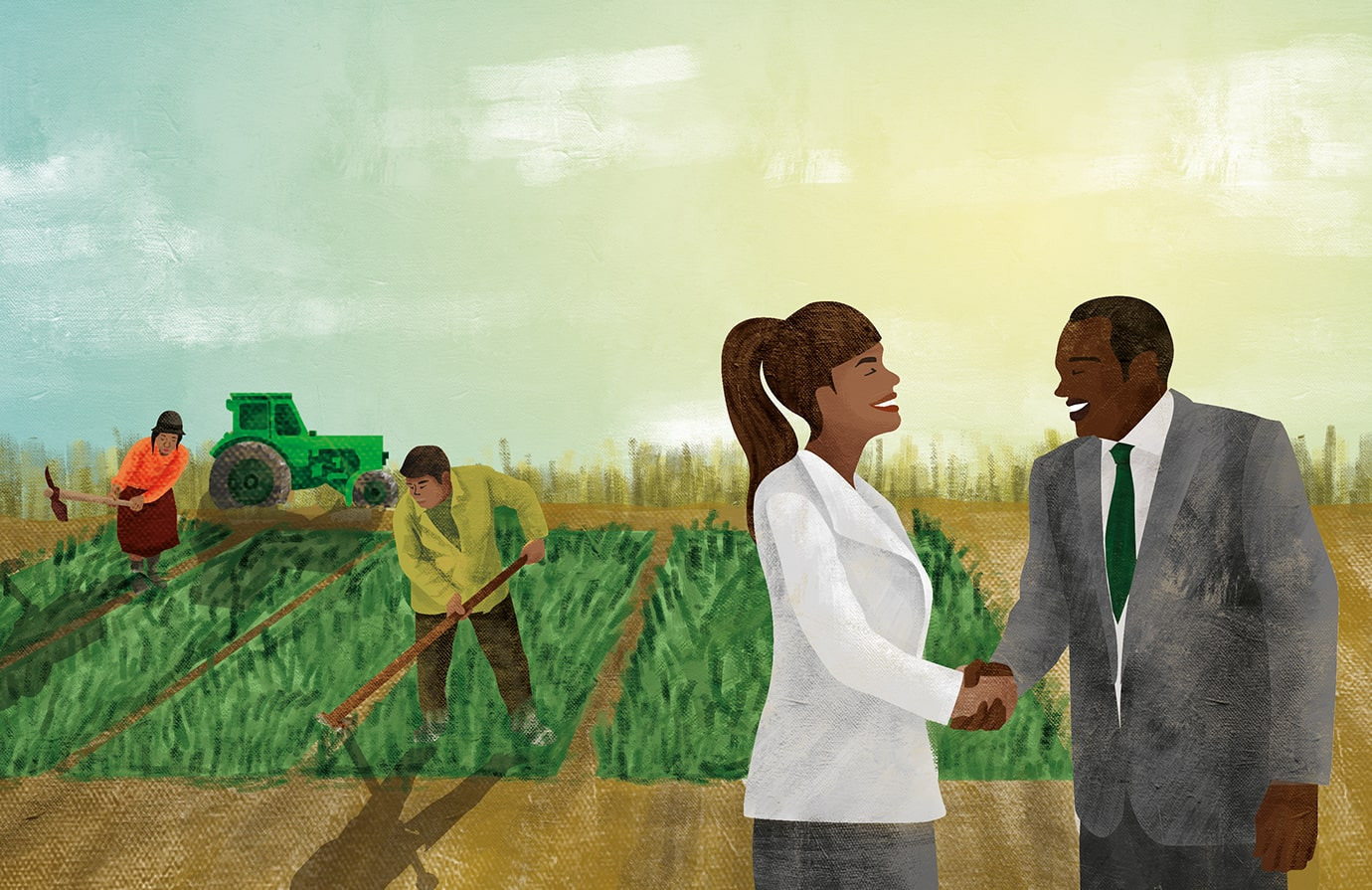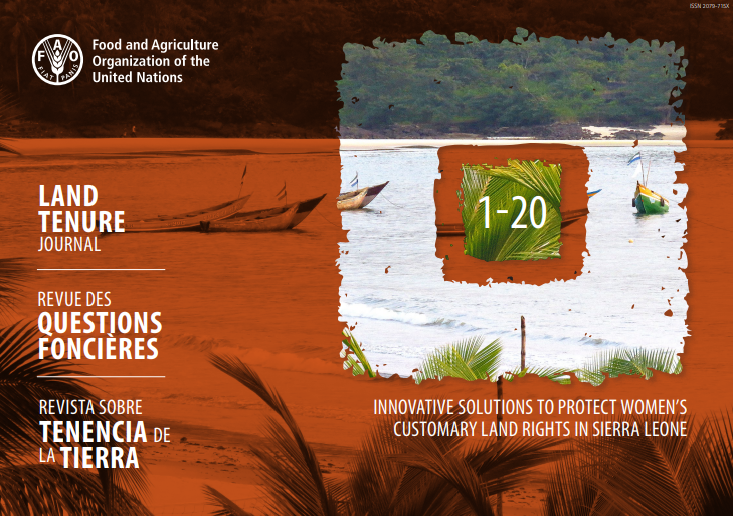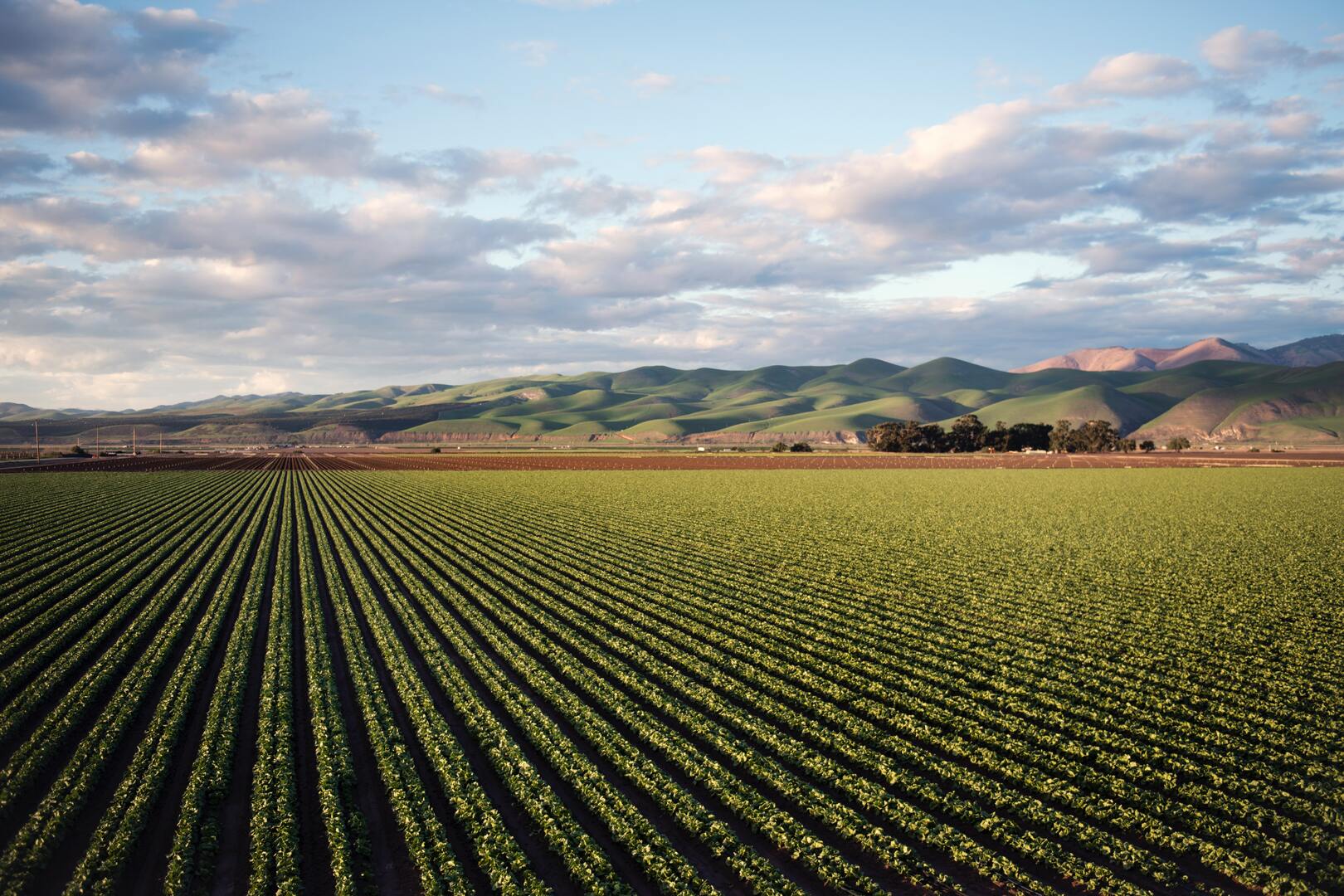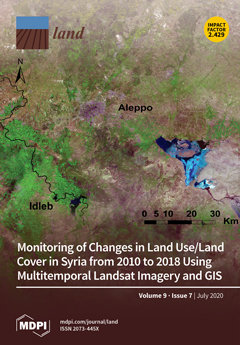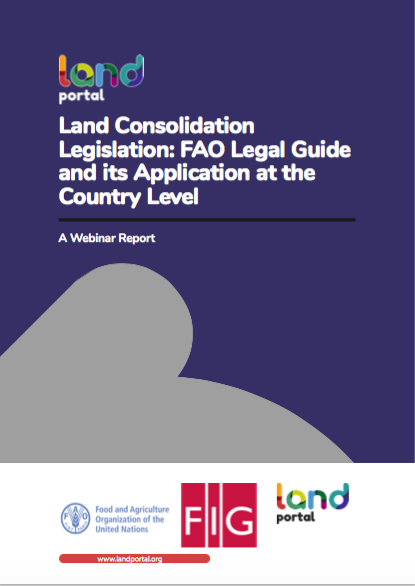Forests, Trees and the Eradication of Poverty: Potential and Limitations
The report, “Forests, Trees and the Eradication of Poverty: Potential and Limitations,” shows that forests and trees support human well-being and are critical to end poverty. It finds that forest-poverty dynamics are affected by a range of social, economic, political, and environmental context factors, such as rural outmigration, gender norms, remittance flows, and elite capture. The report’s key messages are highlighted below. Forests and trees can help the poor face global changes such as climate change. Benefits from forests and trees to human well-being are unevenly distributed.


